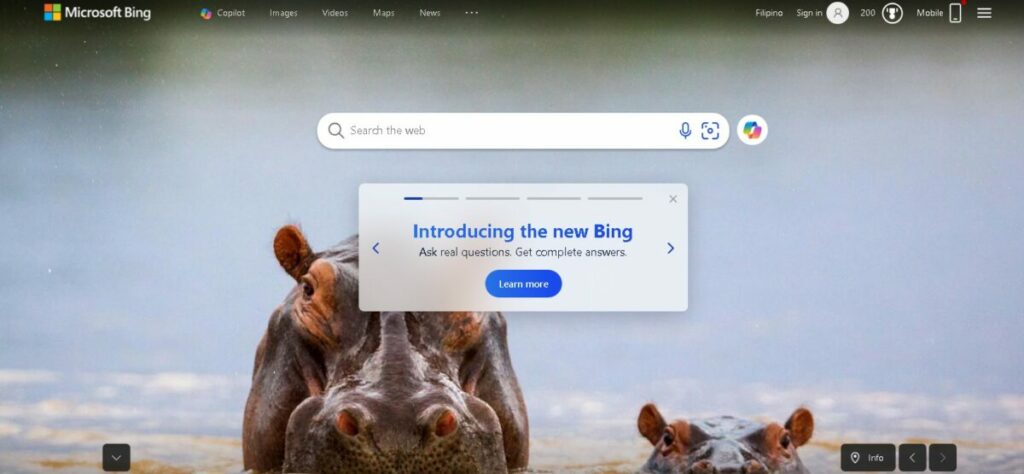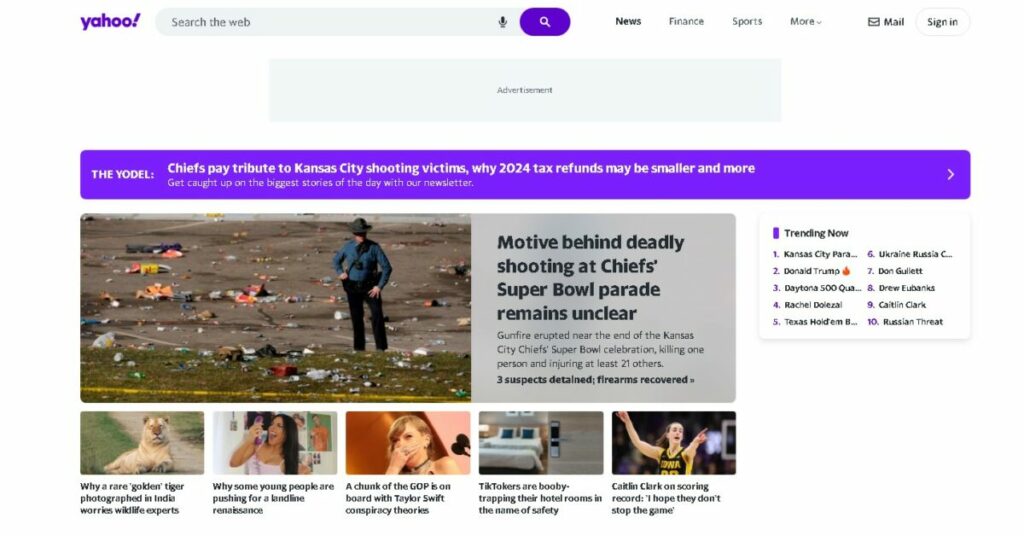Your website is like a grain of sand in a desert. Persons need to know that you live. More importantly, they need to glimpse your web pages as compellingly different, so that they will chose to come to your site rather than to any one of the thousands of others out there.
If you desire persons to see you as better than their other options, you need to get world glimpse you the same way. There are fundamentally ways in which everything on the web is classified and indexed. Learn how yahoo, bing, and google search works!

The first, and oldest, is by directories. A book or directions takes the same approach to Websites as a librarian takes to books or editors compose one for sites they reconsider. Each location can only live at one slot. Directories are run by human beings who take their time to form where each site pertains.
There is only one directory you need to concern about. It is called DMOZ the oldest book or directions on the internet and you find it at dmoz.org. DM0Z is the base of the world wide web, and all the foremost seek motors construct off it. You have to submit your site to DMOZ, and then wait, often for many weeks, for one-by-one to get more or less to look at it.
If you are not currently in DMOZ, it can take Google a very long time to find you. Google is not a directory; it is a search motor, the second way in which data is grouped and recognized on the World Wide Web. While directories are run by people, online search motors are automated. Their fieldwork is finished by little morsels of cipher called bots or arachnids.
This cipher scurries around the world wide world wide web, following hyperlinks. Every sheet it encounters is absorbed and taken back dwelling, where it is deposited in a huge database that catalogues web sheets.
When a arachnid soaks up a web page, it takes the evident text, the out of view code, the names and addresses of sheets and documents that the sheet connections to, and the minutia of pages that connection into it from elsewhere. The indexer takes all this data and crunches through it in detail. It then arrives up with a rationality of what the page is about.

When somebody goes into a seek query, normally a phrase or saying, the search motor retrieves all the sheets that relate to the query.
It methods them by ways of an algorithm that examines at more than 100 distinct characteristics, and then ranks the sheets according to how applicable they are to the query, how good the content is, and how important the page is relation to all the competing sheets on the web that are about the identical topic. Crawler-based seek engines, such as Google, create their listings mechanically.
A keyphrase is a phrase or short phrase used to encapsulate the essence of a web page. The best seek motors use it to variety what a sheet is about, seekers use it as a seek query to find pages that may explain their problems, and marketers use it to initiate advertisements that will lead searchers to their site. online seek motors amplification the keywords for a sheet from a number of places, encompassing:
the content and context of the web sheet the anchor text of inbound links to that page the title, recount and keyword meta-tags in the cipher of the page the recount of the sheet in web directories the tags assigned to the sheet by social book markers.

The algorithms of the seek motors themselves.
The algorithms that assorted seek motors use are well protected, to prevent persons from expressly conceiving sheets to get better ranks, or at smallest to limit the degree to which they can do that.
This distinction is why distinct search motors yield distinct results for the identical terms. Google might work out that one sheet is the best result for a search period, and inquire might work out that same sheet is not even in the top 50.
This is all just based on how they worth inbound and outbound connections, the compactness of the keywords they find important, how they value different placement of phrases, and any number of littler factors.
The dominant force in seek; at smallest for now, is Google. Google’s share of the seek market varies from country to homeland and from restart to survey. Most accounts give Google a US search- queries share of round 64 percent.
Yahoo sprints a distant and receding second, at round 21 per hundred. MSN/Live, Microsoft’s seek engine, is doing rather well at 8 per hundred. There is not much room left for anyone else, and since MSN abandoned its latest try to acquire Yahoo’s seek business, the future of Google’s competitors is rather unsure.
Search Engine Optimization is just one part of Digital Marketing and comprehending the influence of the internet and the power of online buyers is absolutely vital to the success of each and every business.
Related Resources

